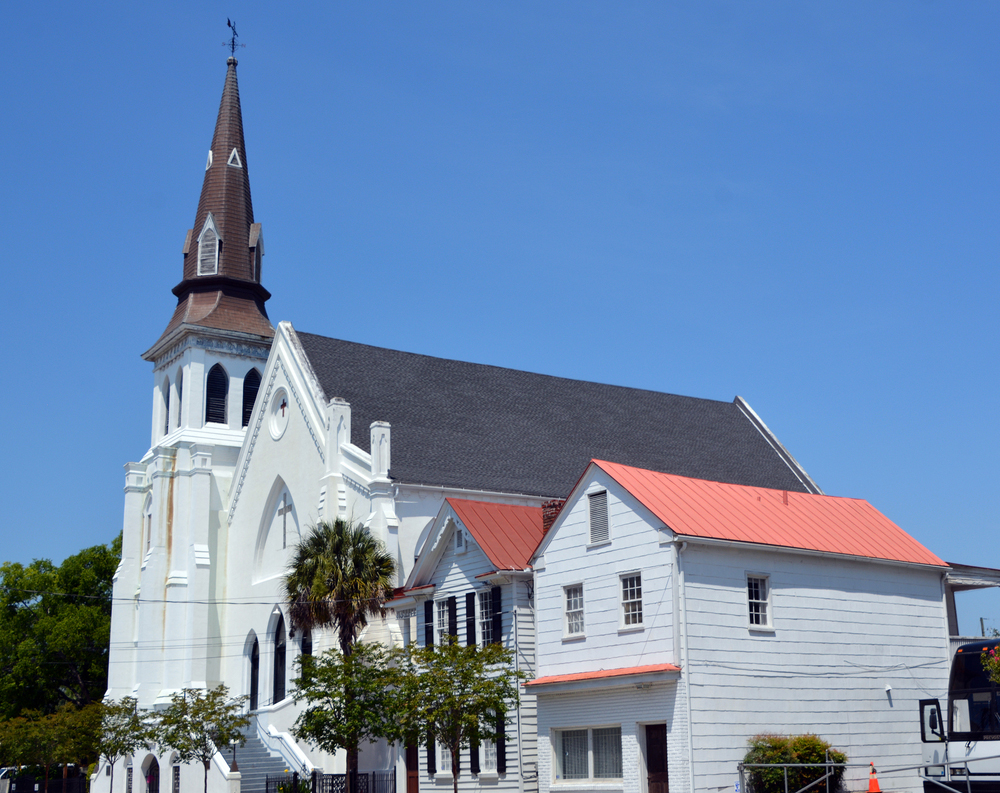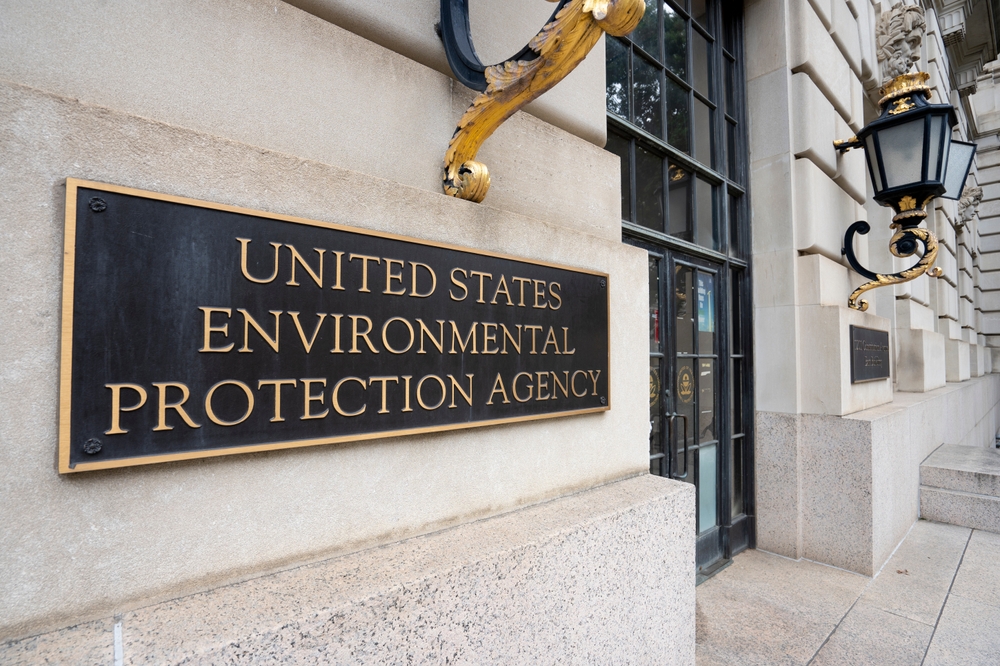
On July 12, South Carolina’s Court of Appeals issued an opinion* in favor of multiple property owners in a railroad abandonment case.
The properties at issue abutted a 24-mile railroad line extending from McCormick County to Abbeville County. In 1878, the State chartered the Savannah Valley Railroad Company (SVR) to construct the railroad. Prior title holders granted SVR easements to allow the construction and operation of the railroad. The documents stated the easements would be void in the event the railroad was not erected and established. Each successive title holders’ deed was subject to the easements. SVR conveyed its interest to Seaboard Coastline Railroad Company.
In the late 1970’s Seaboard decided to close the track and seek permission from the Interstate Commerce Commission (ICC) to abandon the line. The ICC granted the request in 1970. The company wrote a letter to the ICC dated February 25, 1980, indicating the track was abandoned as of February 15, 1980.
Calhoun Falls and Savannah Valley Trails (SVT) were the ultimate owners of the railroad’s interests. When SVT began to construct a walking trail on the former line, property owners adjoining the line in McCormick County filed suit in 2016 seeking a declaratory judgment that the properties reverted to them when the track was abandoned. Abbeville County property owners filed a similar suit in 2018.
The trial court issued two orders finding (1) the railroad abandoned the line; (2) when the railroad abandoned the line, the easements were terminated, and the property rights reverted to the adjoining title holders; and (3) the doctrine of laches did not bar the property owners’ claims.
SVT argued on appeal that the trial court lacked subject matter jurisdiction because the abandonment failed to follow the details of the ICC order. The Court of Appeals disagreed, holding that SVT had the burden of proving the railroad’s abandonment was incomplete and failed to meet that burden.
SVT also argued on appeal that laches barred the property owners’ claims. The Court of Appeals noted that SVT failed to plead laches as an affirmative defense, and that the trial court could have declined to address the issue. But, ultimately, the appeals court agreed with the lower court that SVT failed to present evidence that would equip the trial court to make a finding of prejudice to support the laches claim.
Finally, SVT argued that the trial court erred in finding the railroad had abandoned the line. The Court of Appeals noted that the railroad ceased operations, sought permission for abandonment from the ICC, removed the tracks, and transferred its property interests. Further, nothing in the record showed that the railroad failed to comply with the requirements of the ICC. Citing prior cases, the Court stated that to rule otherwise would gut the longstanding rule that an easement is extinguished when the railroad abandons the right of way for railroad purposes.
As a dirt lawyer, I like this opinion! If you run into railroad abandonment issues in your chains of title, consult your friendly, intelligent title company underwriters.
*Myers v. Town of Calhoun Falls, South Carolina Court of Appeals Opinion 5998 (July 12, 2023)









